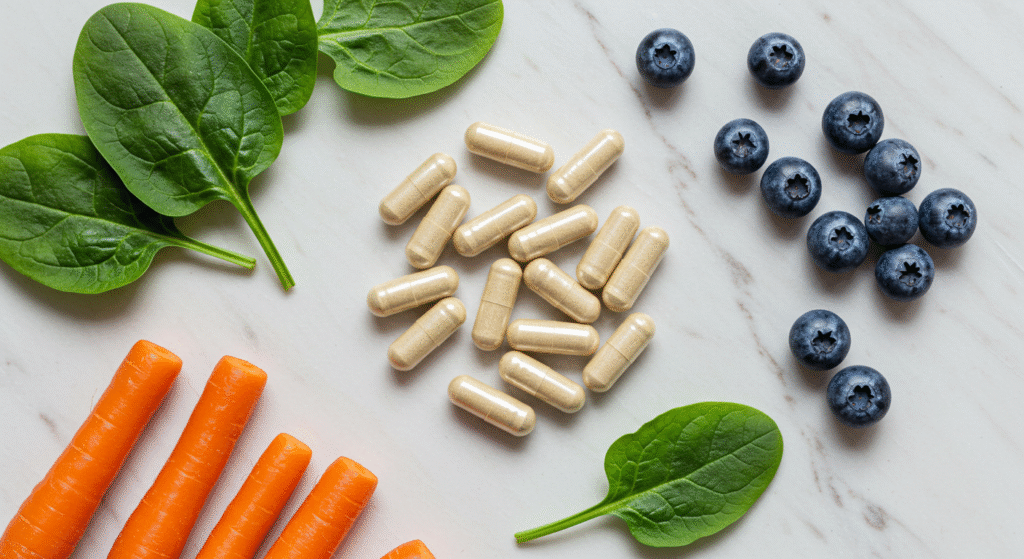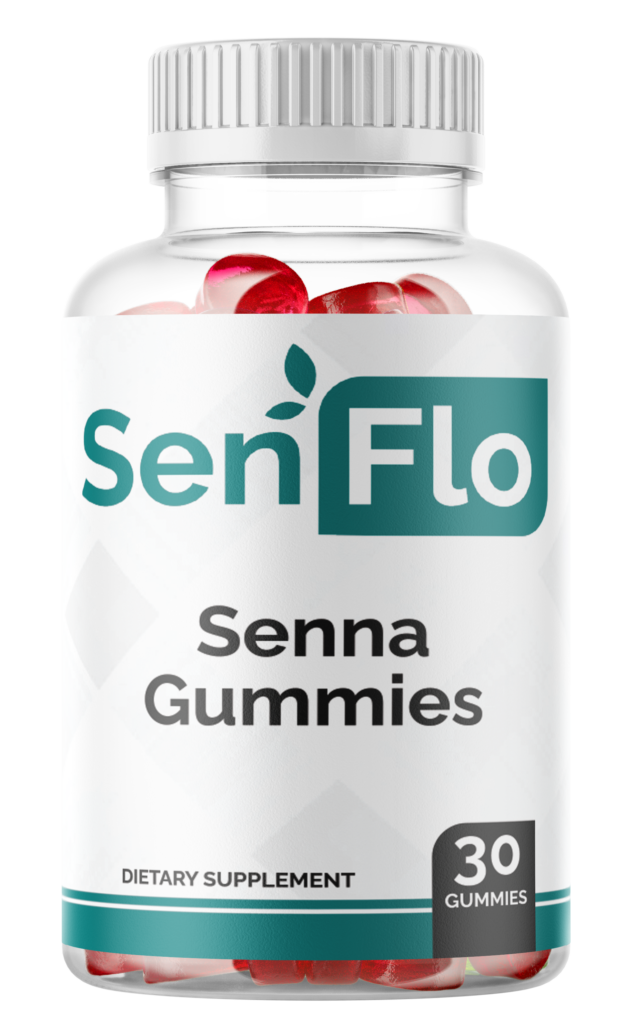Eye supplements have become increasingly popular as more people spend hours staring at digital screens and worry about age-related vision decline. With so many products claiming to support eye health, it’s natural to wonder whether these supplements actually deliver on their promises.
The short answer is yes – certain eye supplements can be effective when they contain clinically proven ingredients at therapeutic doses. However, not all supplements are created equal, and understanding what to look for is crucial for making an informed decision about your vision health.
Ready to discover which eye supplement stands out from the crowd? Check out our comprehensive iGenics review to see why this formula is gaining attention from eye health experts.
Want to learn more about eye health from trusted medical sources? The American Academy of Ophthalmology provides comprehensive guidelines on maintaining optimal vision throughout your life.
What Are Eye Supplements and How Do They Work? 👁️
Eye supplements are nutritional products designed to provide your eyes with essential vitamins, minerals, and antioxidants that support optimal vision function. These supplements work by addressing nutritional gaps that may contribute to eye fatigue, age-related vision changes, and overall eye health deterioration.
Your eyes require specific nutrients to function properly, including:
- Lutein and Zeaxanthin: These carotenoids act as natural blue light filters
- Vitamin A: Essential for night vision and overall eye function
- Omega-3 fatty acids: Support tear production and reduce dry eye symptoms
- Vitamin C and E: Powerful antioxidants that protect against oxidative stress
- Zinc: Crucial for retinal health and vitamin A absorption
When your diet doesn’t provide adequate amounts of these nutrients, supplements can help bridge the gap and support your eye health goals.
The Science Behind Eye Supplement Effectiveness 🔬
Multiple clinical studies have demonstrated the potential benefits of specific eye nutrients. The Age-Related Eye Disease Study (AREDS and AREDS2) conducted by the National Eye Institute provided compelling evidence that certain supplement combinations can slow the progression of age-related macular degeneration.
Research has shown that people who consume higher amounts of lutein and zeaxanthin have better macular pigment density, which correlates with improved visual performance and protection against blue light damage. These findings support the use of targeted eye supplements for maintaining long-term vision health.
Additionally, studies on omega-3 fatty acids have revealed their role in supporting tear production and reducing symptoms of dry eye syndrome, a condition affecting millions of people worldwide. For more detailed information about eye health research, the Mayo Clinic offers excellent resources on nutrition and vision care.
Common Eye Health Challenges That Supplements Address 💻
Digital Eye Strain
Modern life exposes our eyes to unprecedented amounts of blue light from computers, smartphones, and tablets. This constant exposure can lead to:
- Eye fatigue and strain
- Blurred vision
- Headaches
- Difficulty focusing
- Sleep disruption
Age-Related Vision Changes
As we age, our eyes naturally undergo changes that can affect vision quality:
- Reduced macular pigment density
- Decreased tear production
- Slower adaptation to light changes
- Increased risk of age-related eye conditions
Nutritional Deficiencies
Many people don’t consume enough eye-healthy nutrients through diet alone, particularly:
- Leafy green vegetables rich in lutein
- Fish containing omega-3 fatty acids
- Colorful fruits and vegetables with antioxidants
Key Ingredients to Look for in Quality Eye Supplements 🌟
When evaluating eye supplements, focus on products that contain these scientifically-backed ingredients:
Lutein and Zeaxanthin (10-20mg)
These macular carotenoids are perhaps the most important nutrients for eye health. They accumulate in the retina and act as natural sunglasses, filtering harmful blue light and protecting delicate eye tissues from oxidative damage.
Bilberry Extract
Rich in anthocyanins, bilberry has been traditionally used to support night vision and overall eye function. Modern research suggests it may help improve blood circulation to the eyes and reduce eye fatigue.
Ginkgo Biloba
This herb supports healthy blood flow to the eyes and may help improve visual function, particularly in older adults experiencing age-related vision changes.
Vitamin A and Beta-Carotene
Essential for rhodopsin production, the protein that allows your eyes to see in low light conditions. Vitamin A deficiency can lead to night blindness and other vision problems.
Zinc and Copper
These minerals work together to support retinal health and help transport vitamin A from the liver to the retina.
Want to see how these ingredients work together in a premium formula? Our detailed iGenics analysis breaks down exactly how each component contributes to better vision health.
Who Benefits Most from Eye Supplements? 👥
Certain groups of people may experience greater benefits from eye supplementation:
People Over 50
Age-related changes in eye health make supplementation particularly valuable for older adults who want to maintain their vision quality and independence.
Heavy Screen Users
If you spend more than 6 hours daily looking at digital screens, your eyes may benefit from additional nutritional support to combat blue light exposure and digital eye strain.
Those with Family History
People with family members who have experienced age-related eye conditions may benefit from proactive supplementation as part of a comprehensive eye health strategy.
Individuals with Poor Diet
If your diet lacks colorful fruits and vegetables, leafy greens, and omega-3 rich fish, supplements can help ensure your eyes receive essential nutrients.
Natural Alternatives vs. Supplement Convenience ⚖️
While it’s possible to obtain eye-healthy nutrients through diet alone, doing so consistently requires significant planning and commitment:
Dietary Sources Include:
- Spinach, kale, and other leafy greens for lutein
- Salmon, sardines, and other fatty fish for omega-3s
- Carrots and sweet potatoes for beta-carotene
- Berries and colorful fruits for antioxidants
Challenges with Diet-Only Approach:
- Requires consuming large quantities of specific foods daily
- Nutrient content varies based on growing conditions and preparation methods
- Difficult to achieve therapeutic doses of certain compounds
- Time-consuming meal planning and preparation
Quality eye supplements offer a convenient way to ensure consistent intake of key nutrients at clinically effective doses, making it easier to support your vision health goals alongside a balanced diet.
Understanding Supplement Quality and Safety 🛡️
Not all eye supplements are formulated equally. Here’s what distinguishes high-quality products:
Third-Party Testing
Reputable manufacturers conduct independent testing to verify ingredient purity, potency, and safety.
Proper Dosages
Effective supplements contain ingredients at doses supported by clinical research, not just token amounts for label claims.
Bioavailable Forms
Quality supplements use forms of nutrients that your body can easily absorb and utilize.
Manufacturing Standards
Look for products made in FDA-registered facilities following Good Manufacturing Practices (GMP).
What to Expect When Taking Eye Supplements 📈
Results from eye supplements typically develop gradually over time:
Weeks 1-2:
- Some people notice reduced eye fatigue and strain
- Improved comfort during extended screen time
Weeks 4-8:
- Enhanced visual clarity and focus
- Better adaptation to changing light conditions
- Reduced dry eye symptoms
Months 3-6:
- Continued improvement in overall eye comfort
- Better night vision in some individuals
- Long-term protection benefits accumulate
Consistency is key – eye supplements work best when taken daily as part of a long-term eye health strategy.
Making the Right Choice for Your Vision Health 🎯
Choosing an effective eye supplement requires careful consideration of ingredients, dosages, and quality standards. While many products make bold claims, only those with scientifically-backed formulations and transparent labeling deserve your consideration.
The most important factors to evaluate include:
- Clinically effective ingredient doses
- Third-party testing and quality certifications
- Positive user experiences and reviews
- Transparent company practices
- Money-back guarantee or satisfaction policy
For those serious about supporting their vision health, our comprehensive guide to choosing the right eye supplement provides detailed analysis of what makes certain formulas more effective than others.
Remember, eye supplements work best as part of a comprehensive approach to eye health that includes regular eye exams, proper screen hygiene, adequate sleep, and a balanced diet rich in colorful fruits and vegetables.
Your vision is irreplaceable – investing in quality eye health support today can help preserve your sight for years to come. Take the first step toward better eye health by choosing a supplement backed by science and supported by real user experiences.



